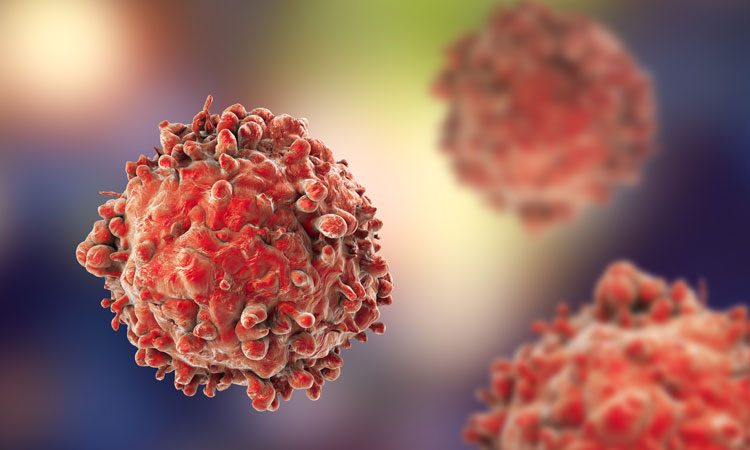Source: Thailand Medical News Jan 05, 2020 5 years, 3 months, 3 weeks, 21 hours, 40 minutes ago
AML or
Acute myeloid leukemia is the most common type of
leukemia in adults. It is characterized by the pathological expansion of immature cells (myeloblasts) that invade the bone marrow and expand into the blood, affecting the production of the rest of the healthy cells. Although patients usually respond well to chemotherapy-based treatments, a large proportion of them eventually relapse or show resistance to these procedures.

The reasons or cause of relapse or resistance to treatment is sometimes due to the existence of
leukemic stem cells capable of starting
cancer again, and in turn, for being resistant to chemotherapy. However, identifying them is a challenge since there are no specific markers to detect and isolate them.
Spain based, Functional Cytomics Research Group at the Josep Carreras
Leukaemia Research Institute has developed innovative trials that allow the identification of these cells by testing the activity of a protein, alkaline phosphatase, present in myeloblasts.
The researchers told
Thailand Medical News that In order to do this, they have used advanced cytomical methodologies that allow multiple functional characteristics to be analyzed cell by cell, individually, in a very few minutes.
The oncology researchers identified a group of patients whose
leukemic cells had high levels of alkaline phosphatase activity and another group of patients with lower levels of this activity. Both groups showed a differential response to chemotherapy treatment, with the most active phosphatase group showing the worst reaction to treatment and the shortest survival. Surprisingly, no significant association was detected between the results obtained through different cytogenetic analysis techniques and molecular studies, with the determination of prognostic factors of greater or lesser risk.
"These results represent a new approach to improve the prognosis in the diagnostic evaluation of
acute myeloid leukemia and to estimate the probability of relapse and persistence of the disease. This will allow us to open new lines of research aimed at applying alternative strategies in terms of treatment," said Dr. Jordi Petriz, director of the study.
Reference: Rico, et al (2019) Flow cytometric significance of cellular alkaline phosphatase activity in acute myeloid leukemia. Oncotarget. DOI: 10:6969-6980
